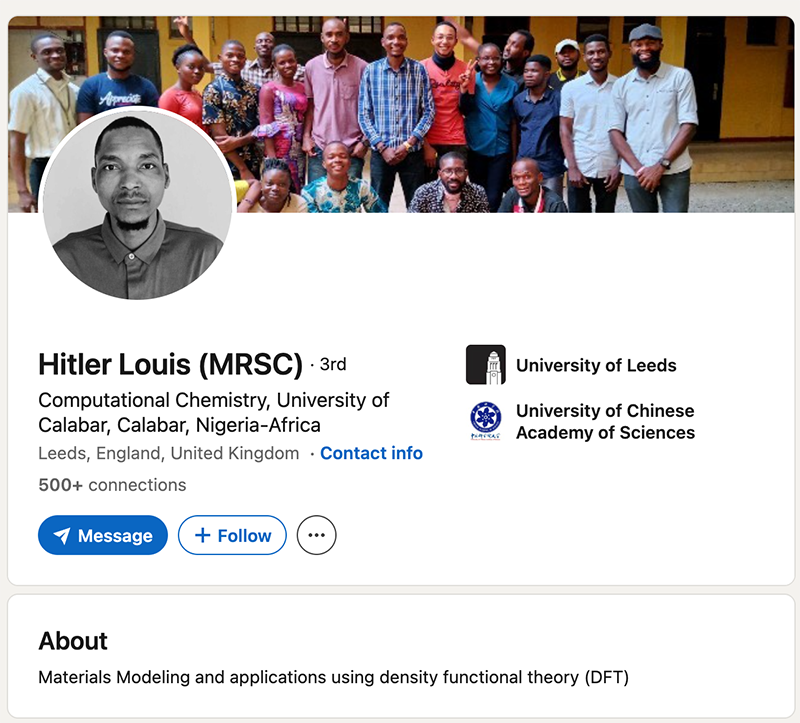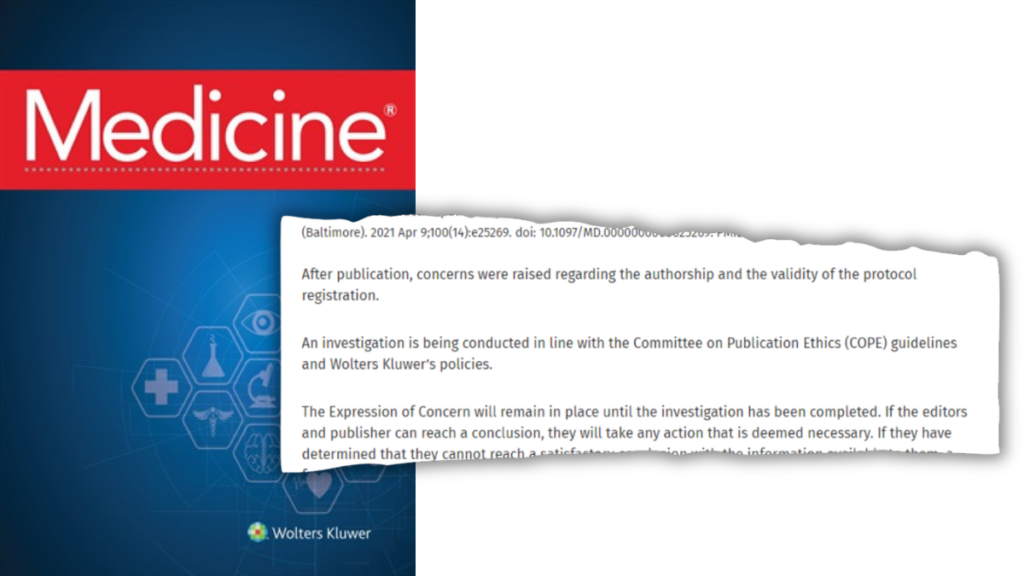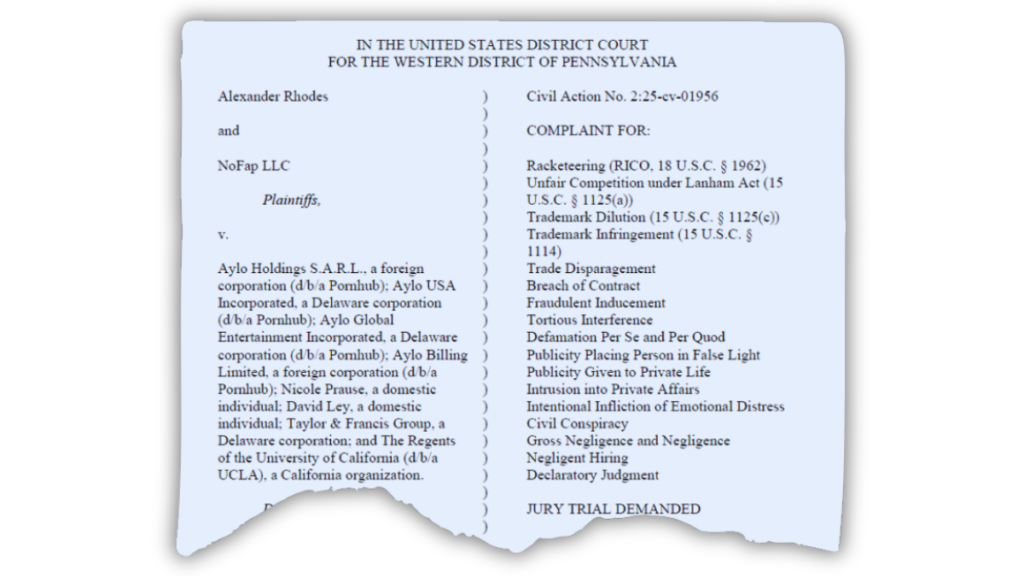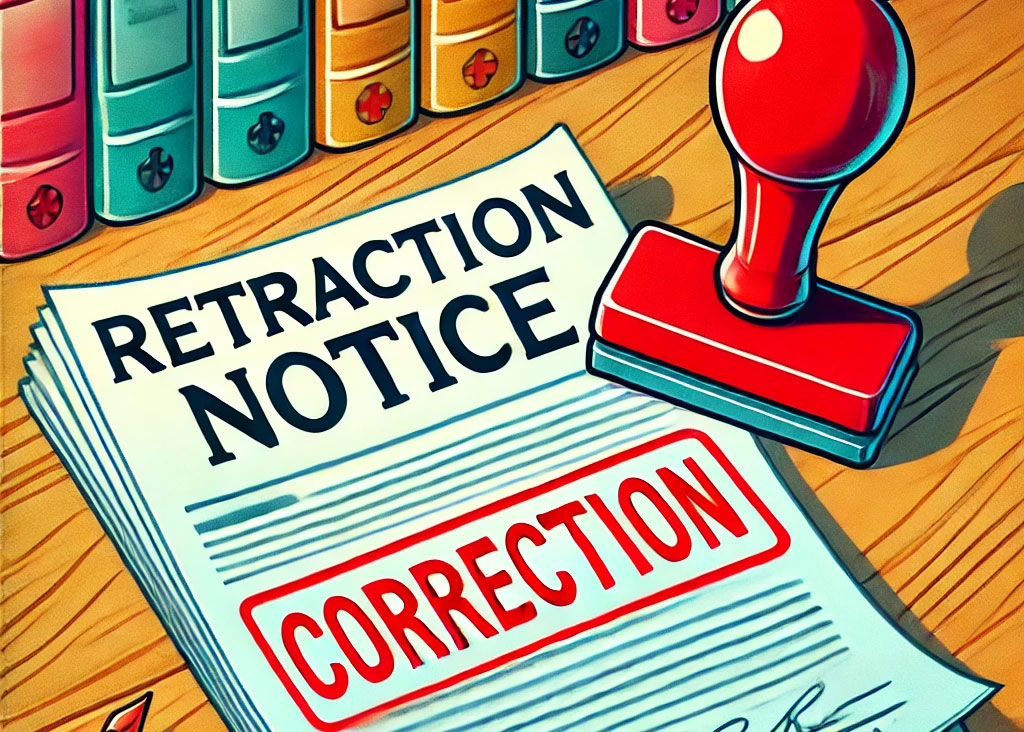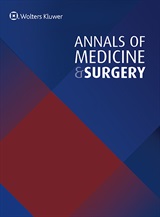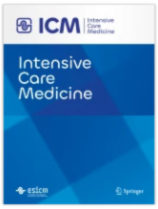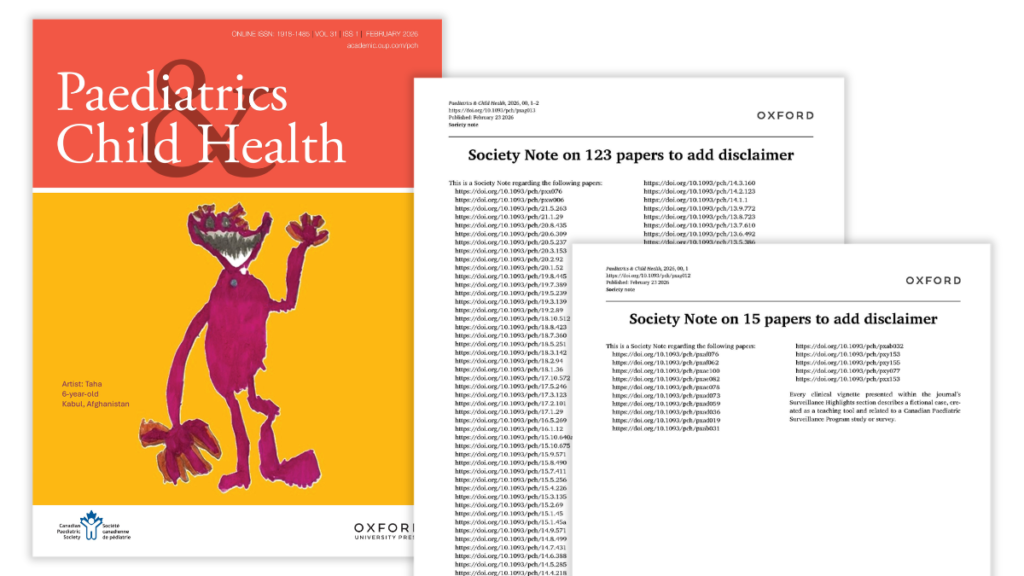
A Canadian journal has issued corrections on 138 case reports it published over the last 25 years to add a disclaimer: The cases described are fictional.
Paediatrics & Child Health, the journal of the Canadian Paediatric Society, has published the cases since 2000 in articles for a series for its Canadian Paediatric Surveillance Program. The articles usually start with a case description followed by “learning points” that include statistics, clinical observations and data from CPSP. The peer-reviewed articles don’t state anywhere the cases described are fictional.
The corrections come following a January article in New Yorker magazine that mentioned one of the reports — “Baby boy blue,” a case published in 2010 describing an infant who showed signs of opioid exposure via breast milk while his mother was taking acetaminophen with codeine. The New Yorker article made public an admission by one of the coauthors that the case was made up.
Continue reading A medical journal says the case reports it has published for 25 years are, in fact, fiction

